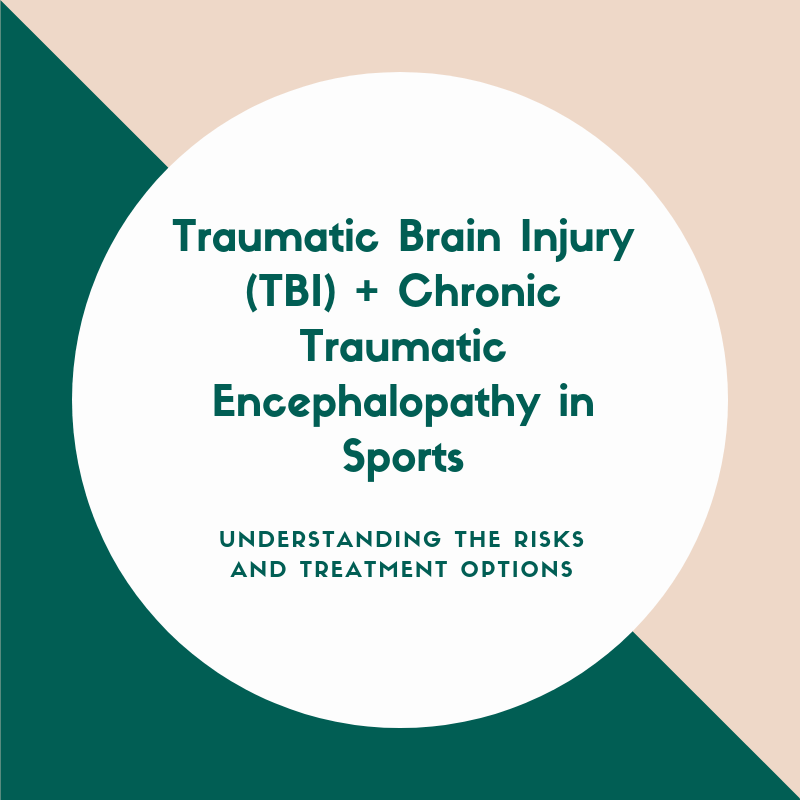
CTE and Brain Injuries In Sports
Traumatic Brain Injury (TBI) and Chronic Traumatic Encephalopathy (CTE) are two related brain-related disorders that are most often associated with athletes. The root cause of both illnesses is an impact to the head that causes direct injury to the brain, often labelled as TBI. Those who experience repeated head injuries are at a higher likelihood to develop CTE later in life. There are still many misconceptions when it comes to brain injuries in sports and the symptoms associated with TBI and CTE. This has resulted in more studies being done to better understand these types of injuries and disorders.
Cause and Symptoms of CTE
CTE is a neurodegenerative disorder that is progressive and arises from injuries in the brain. Athletes, veterans, and those with a history of traumatic brain injury are mostly likely to develop this disorder. Originally, CTE was found to be related to boxing and was known as “punch-boxing dementia,” but has been found to be related to other sports like American football. CTE often takes several decades after a brain injury to manifest symptoms and can start to look like other types of dementias.
The symptoms of CTE can start out as very mild in your 20s and 30s. Many people might not even realize that they have CTE until they develop more severe symptoms in their 40s or 50s. Symptoms vary by the individual but tend to have to do with mood and behavioral changes at first. There are also possible cognitive symptoms that can cause problems with memory, thinking, impaired judgement, and other symptoms similar to dementia.
Research and Diagnosis
Since it is a new area of research, there is not yet a good way to diagnose someone with CTE. Like many other dementias, there is no way to definitively diagnose CTE until after death, when autopsies can be performed on the brain. There is no treatment for CTE other than prevention by avoiding repeated head trauma. Some people with CTE benefit from the care that is provided for patients with Alzheimer’s and other dementias.
As increasing numbers of people develop neurodegenerative disorders, many people are finding themselves in the position of becoming caregivers. This can be especially stressful and saddening as people watch their loved ones succumb to symptoms. It is important for people to better understand disorders like CTE and for those finding themselves in the role of caregiver, to take good care of themselves.
If you or someone you know is struggling with a mental health disorder, please feel free to contact the professional team at Lifeline Connections for help. Getting yourself help, whether it is through self-help or by reaching out to professionals is a good first step in getting the help that you need. You can visit Lifelineconnections.org or call 360.397.8246 for more information.
Sources:
https://concussionfoundation.org/CTE-resources/what-is-CTE
